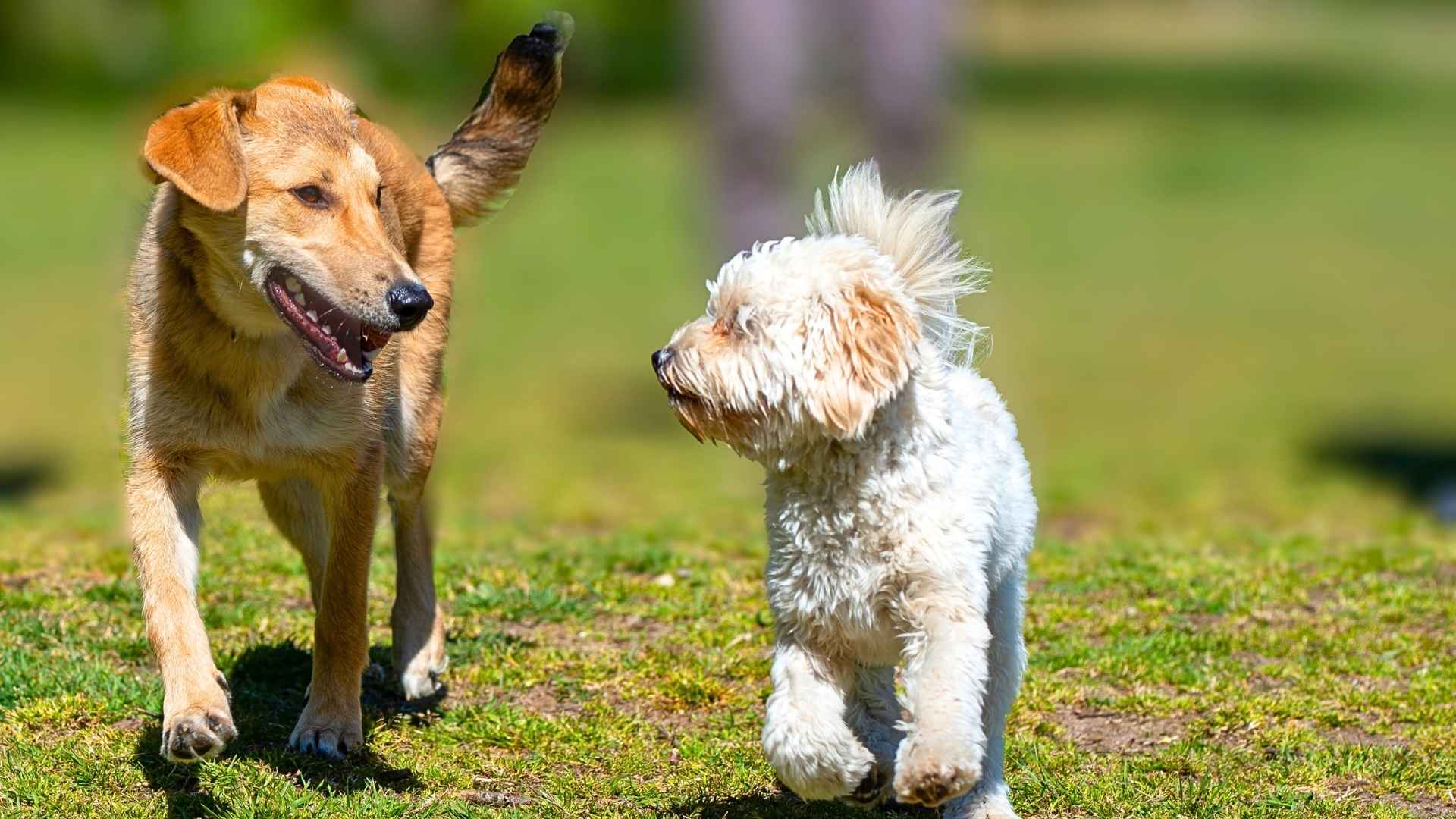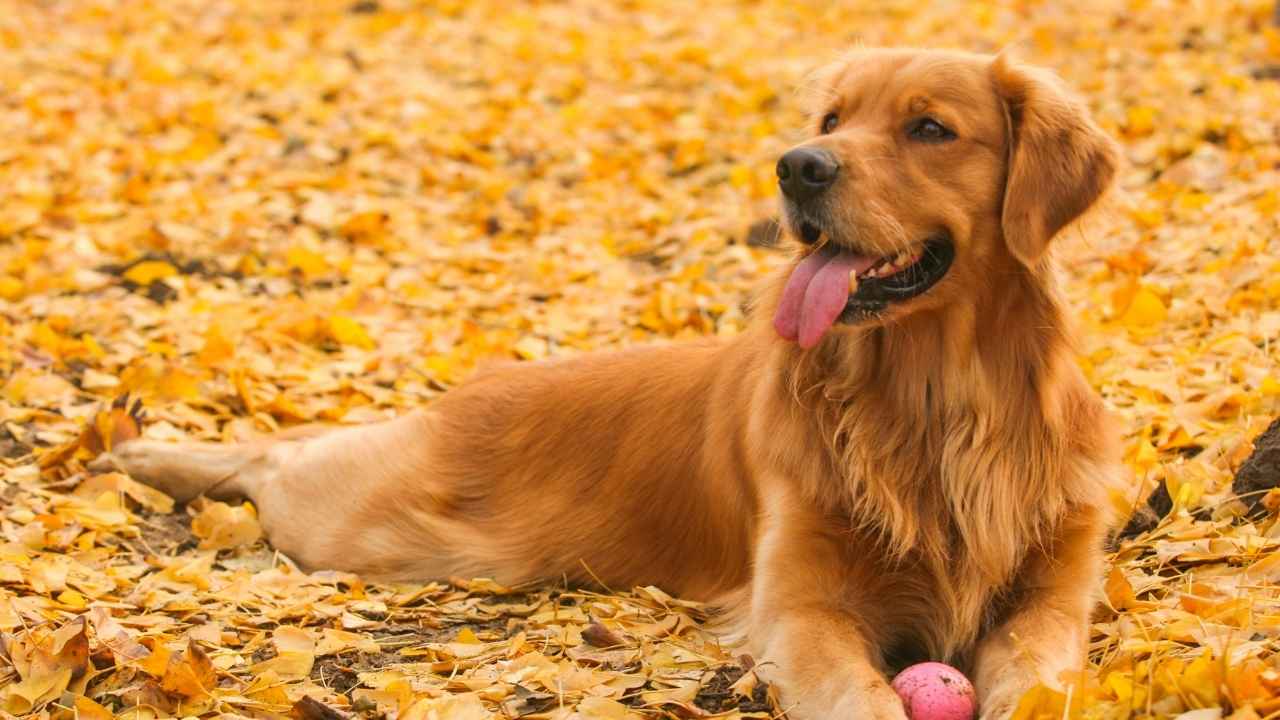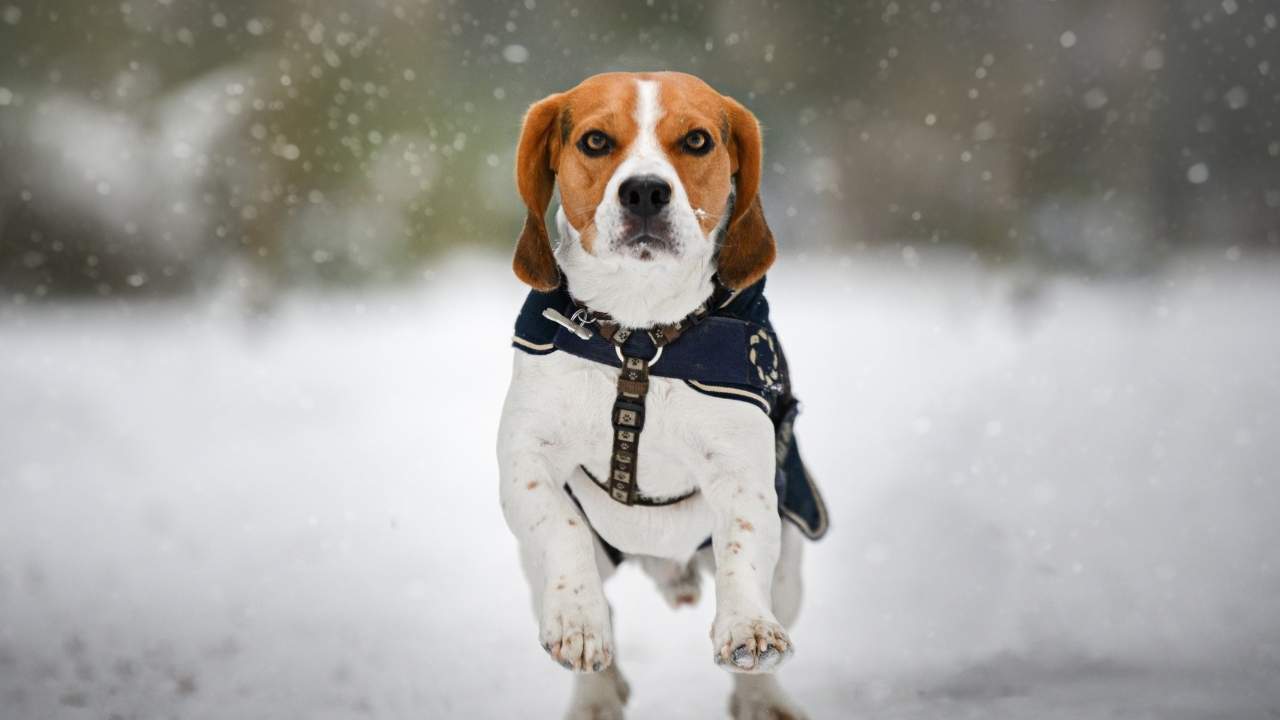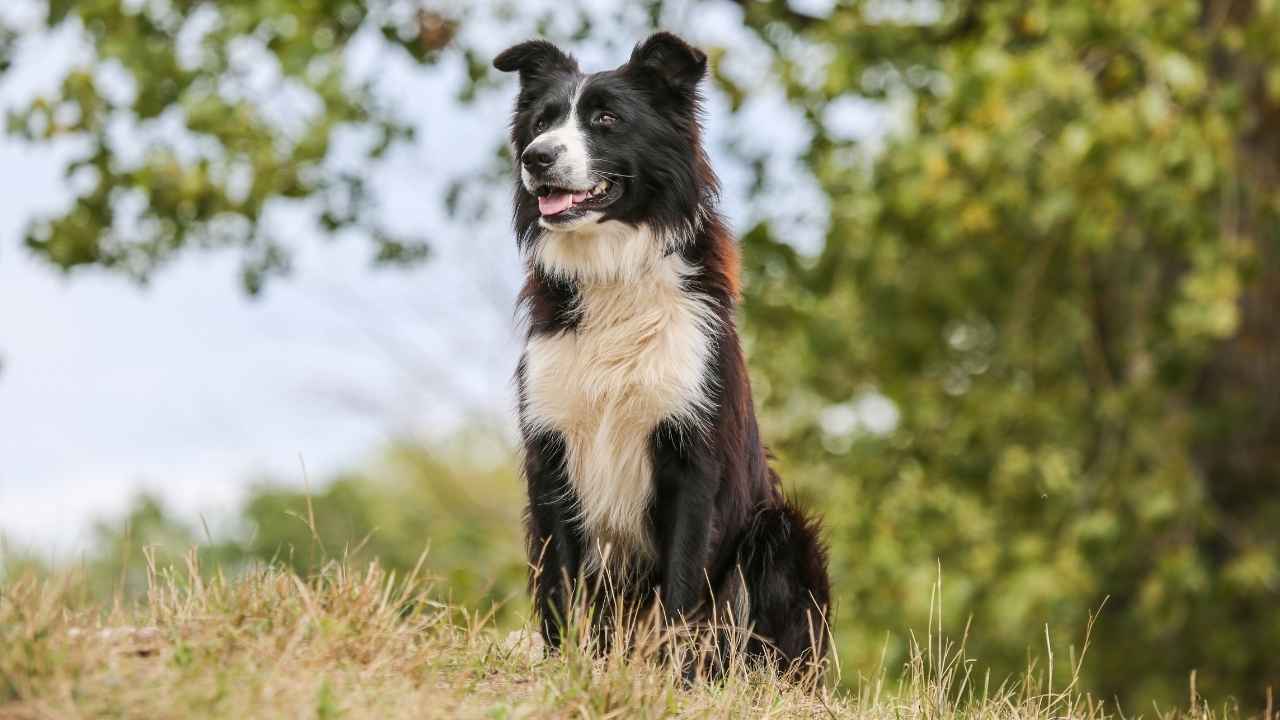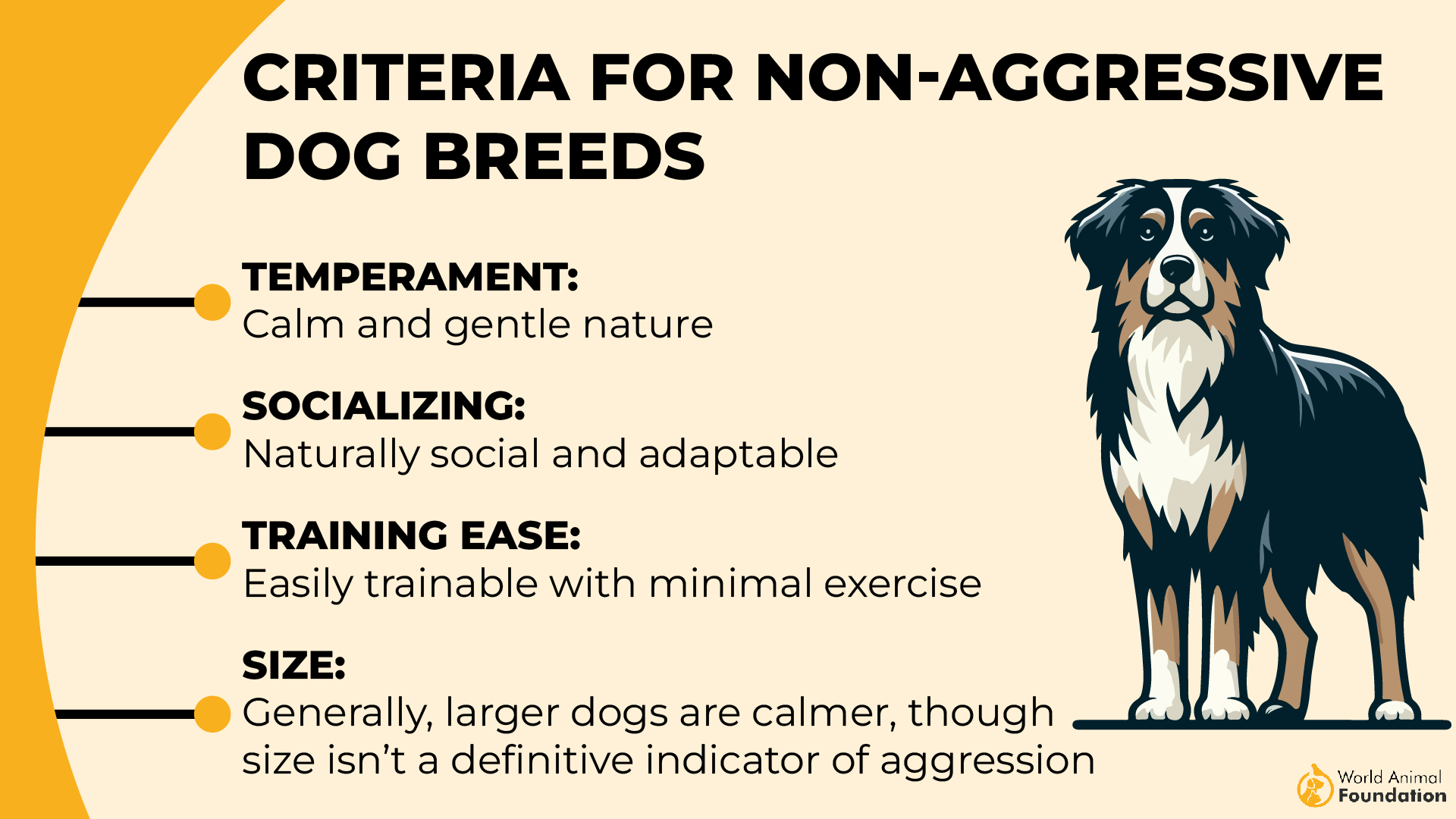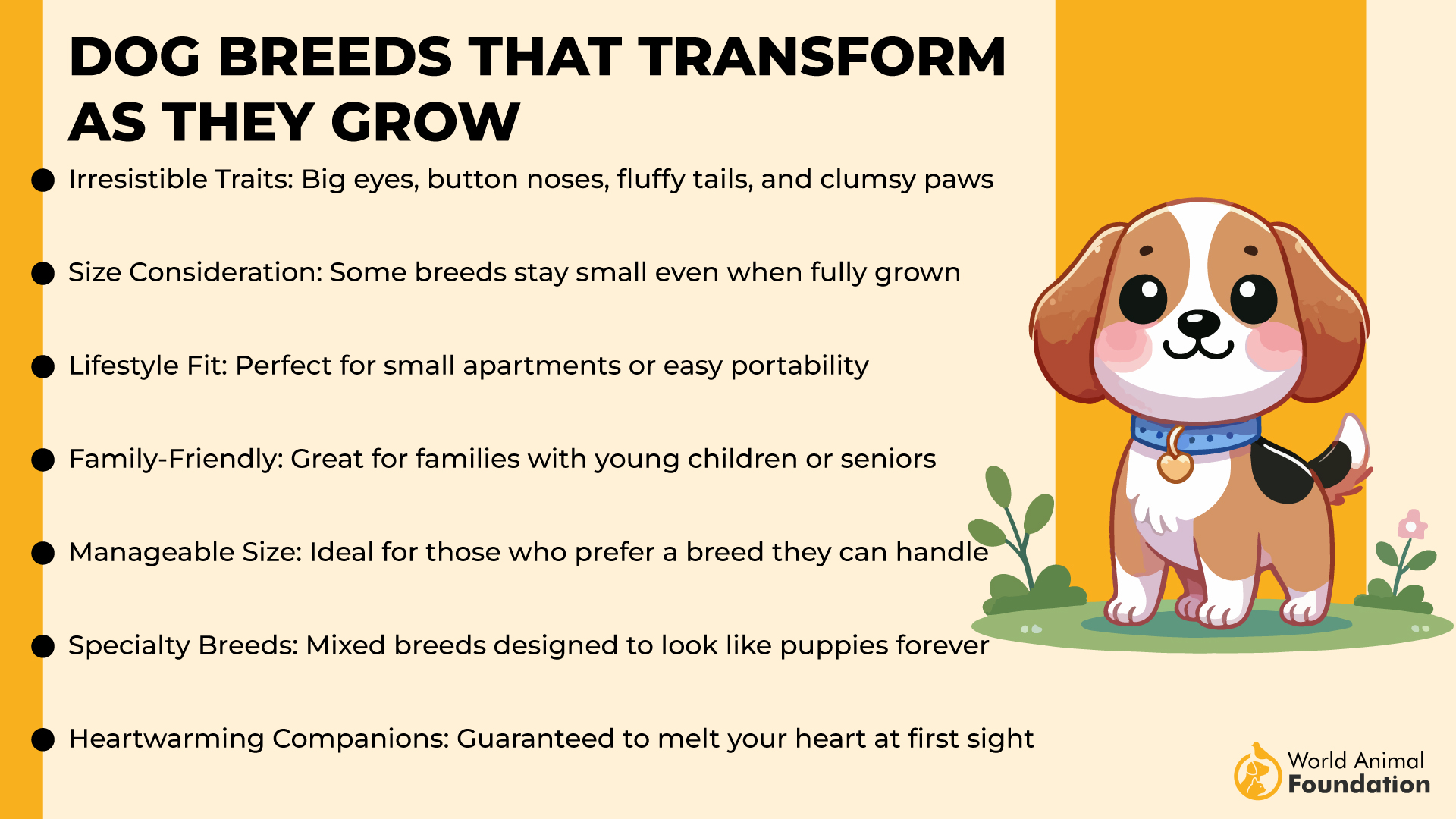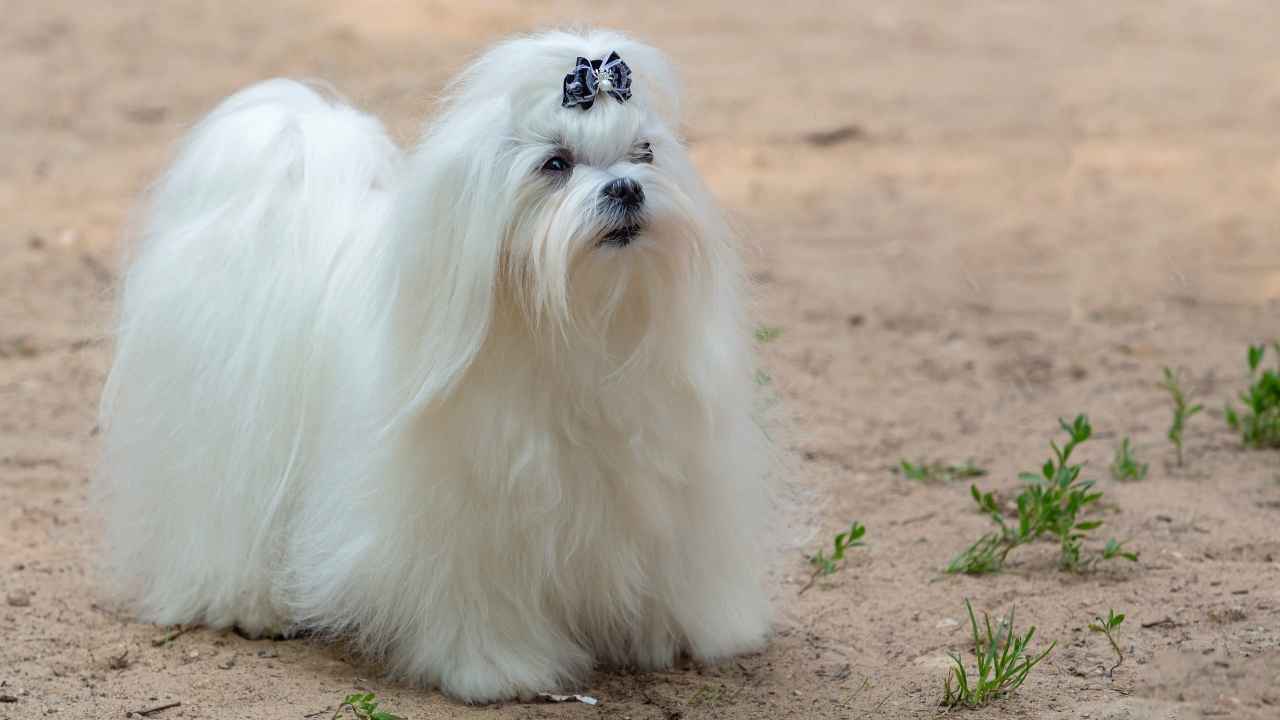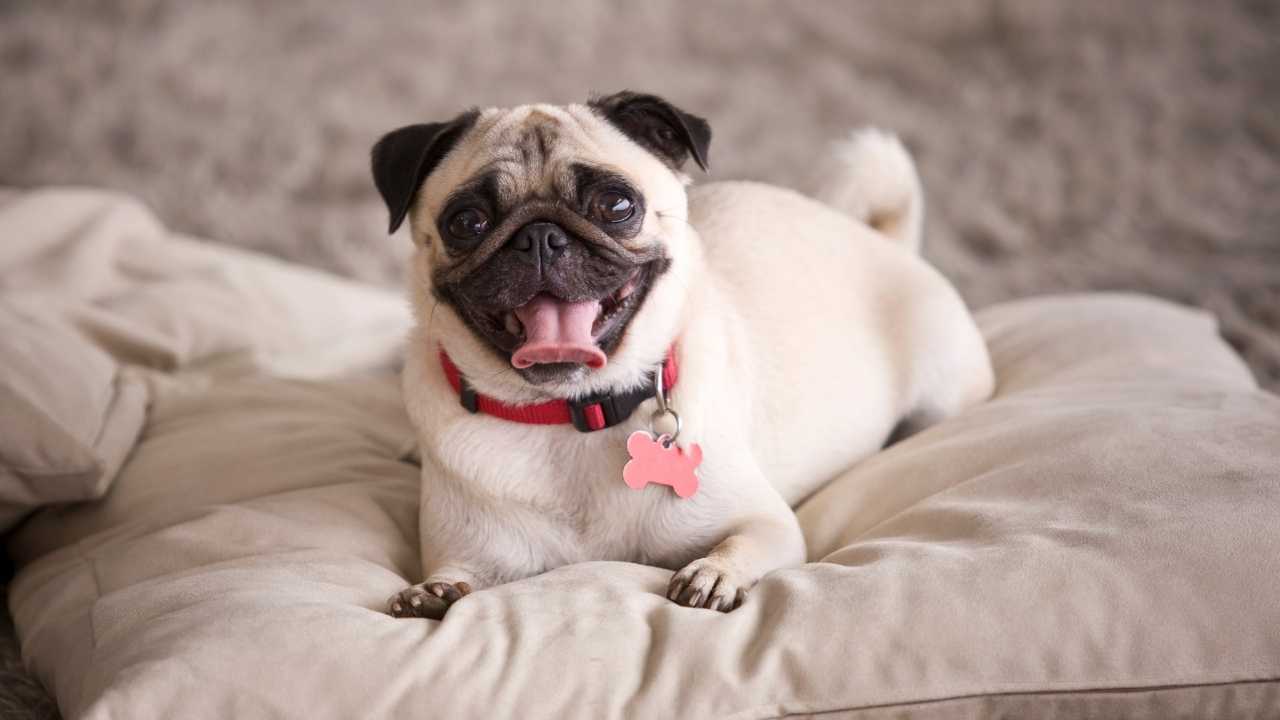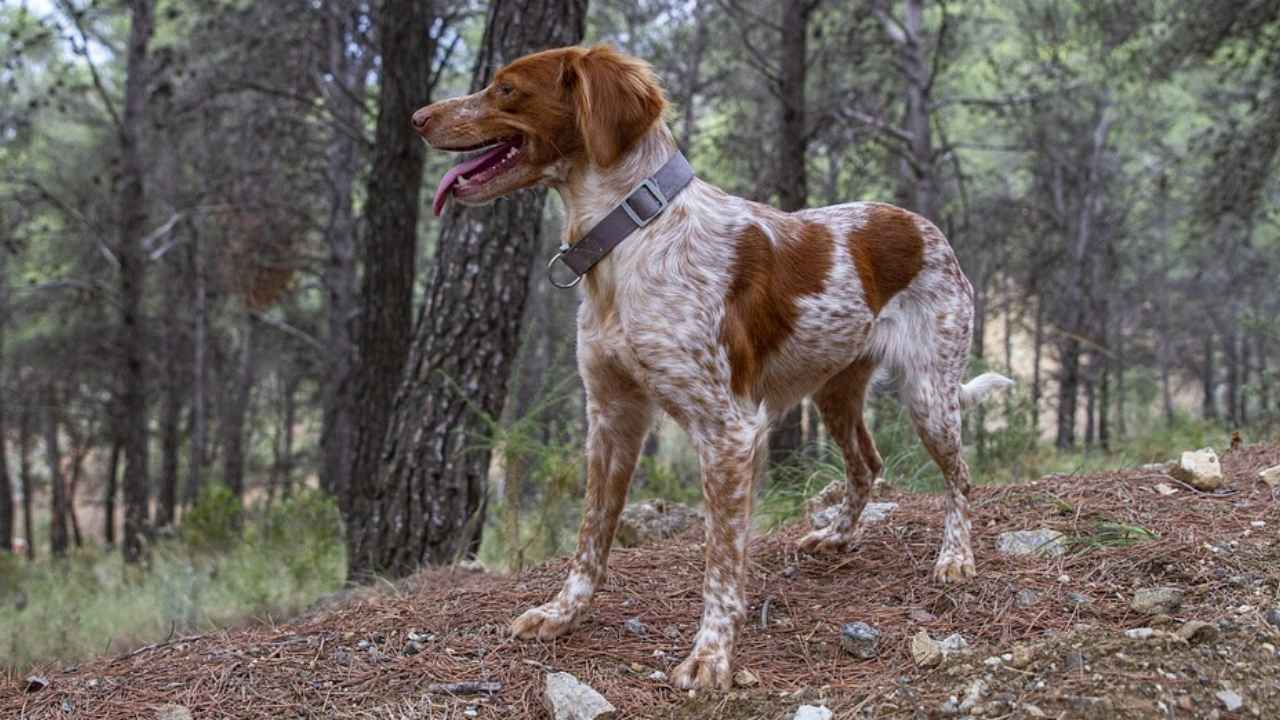Introducing a harmonious canine companion into your multi-dog household is a joyful yet significant decision. Selecting a breed that naturally thrives in the company of fellow canines can ease potential challenges and enhance the collective joy in your home. Delve into our curated list of the top 9 dog breeds celebrated for their sociable nature and compatibility with other dogs. These breeds not only promise companionship and fun but also foster a peaceful, cohesive atmosphere, ensuring that every member of your furry family feels included and cherished. Discover which breeds top the list as best friends for your best friends!
So, you want a dog that actually gets along with others? Not a drama queen, not a canine dictator, but a genuinely friendly, go-with-the-flow type? Good call—because nothing ruins a peaceful home faster than a four-legged grudge match.
Let’s be real—some dogs have the social skills of a brick wall, while others are practically hosting puppy playdates in their sleep. Research shows that early socialization plays a huge role, but breed temperament definitely matters.
In multi-pet households, the right dog can make all the difference. You want a pup that enjoys company, not one plotting a solo takeover of the food bowl.
If your goal is canine harmony, these dog-friendly breeds are your best bet. Just be prepared—once you have one, you might find yourself accidentally adopting a few more.
9 Best Dog Breeds That Are Good With Other Dogs
1. Golden Retriever
|
Temperament |
Friendly, Intelligent, Devoted |
|
Trainability |
Highly Trainable, Eager to Please |
Of course, the Golden Retriever tops this list. If there’s an Olympic event for the best social butterfly, this breed wins gold every time. These pups are the definition of affectionate and tend to get along with dogs, cats, humans, and probably even imaginary friends.
Their playful nature makes them perfect for multi-pet households, and they adore playtime. However, with all that energy, proper training is essential unless you prefer your house to resemble a chaotic playground.
Petplan claims that highly intelligent and obedient, Goldens thrive in socialized environments. They love exercise, so be prepared for endless games of fetch. Their stamina is no joke.
If you’re introducing them to existing pets, it’s a breeze. Just make sure the other animals can keep up with their boundless enthusiasm. You can never go wrong with a Goldie.
2. Labrador Retriever
|
Temperament |
Outgoing, Even-Tempered, Gentle |
|
Trainability |
Highly Trainable, Smart, Adaptable |
Labs don’t just like making friends; they consider it their life’s mission. They’ll greet strangers, other pets, and even inanimate objects with the same goofy enthusiasm.
These best dog breeds are as energetic as they are affectionate, which means they thrive in a playful, multi-pet household. Their temperament is generally fantastic, but without training, they can be a bit too much.
Labs adapt well to different living situations, but they need exercise. A bored Lab will find its own fun, and that usually involves chaos.
When socialized early, they get along with other animals just fine—except maybe your neighbor’s shoes. Those might not survive.
3. Beagle
|
Temperament |
Curious, Friendly, Merry |
|
Trainability |
Intelligent, But Stubborn |
Beagles have a pack mentality, meaning they prefer company over solitude. If you want a dog-friendly pup who can happily coexist with other pets, this breed is a great option.
They’re highly intelligent, but their independent streak makes training a test of patience. If there’s a scent more interesting than your commands, well… good luck.
AKC reports that Beagles are medium-energy, but their playfulness never fades. They love games, exercise, and, of course, tracking everything. Expect them to investigate every scent in your household.
Socialization is key. When properly trained, they’re the ideal addition to multi-pet households. Just be careful with smaller animals—they still have a hunting dog instinct.
4. Cavalier King Charles Spaniel
|
Temperament |
Affectionate, Gentle, Adaptable |
|
Trainability |
Smart, Eager to Please |
Meet the Cavalier King Charles Spaniel, the ultimate people pleaser. These affectionate pups thrive in a company—human, dog, or even cat.
Unlike some small dog breeds that prefer their personal space, these Spaniels love interacting and tend to get along effortlessly with other pets. Their temperament is gentle and friendly, making them easy to introduce into an existing pet household.
While energetic, they don’t require excessive exercise. Playtime and daily walks keep them happy, and they love a cozy nap afterward.
Early socialization is crucial. They tend to be polite with everyone, but they do best when they’ve been around other pets from a young age.
5. Border Collie
|
Temperament |
Smart, Energetic, Loyal |
|
Trainability |
Extremely Intelligent, Highly Trainable |
Border Collies don’t just prefer a company—they manage it. As natural herding dogs, they instinctively track and guide other animals (and sometimes humans).
These pups are highly intelligent and need mental stimulation. If you own one, be prepared for a smart, energetic dog who wants to work. Without training, they’ll herd anything—including your other pets.
Hillspet reports that despite their high energy, they tend to be friendly with other dogs. But their intensity can overwhelm lazier breeds. Playtime is serious business for a Border Collie.
Socialization and exercise are key factors in owning this breed. They’re best for active multi-pet households that can keep up with their high energy levels.
6. Bichon Frise
|
Temperament |
Playful, Cheerful, Affectionate |
|
Trainability |
Intelligent, Eager to Please |
The Bichon Frise is a tiny fluff ball with a big personality. This breed is social, affectionate, and gets along wonderfully with other animals.
As small dog breeds go, this one is fearless—never intimidated by bigger dogs and always ready for play. Their temperament is cheerful, making them a perfect fit for dog-friendly households.
They don’t require excessive exercise, but they do demand attention. Bichons thrive in multi-pet environments where they always have company.
Early socialization helps them adapt well. They’re gentle, but accidental injuries can happen with larger dogs, so supervision is wise.
7. Maltese
|
Temperament |
Gentle, Sweet, Playful |
|
Trainability |
Highly Trainable, Smart |
Maltese dogs may be tiny, but they’re bursting with personality. These affectionate pups love being around others—dogs, humans, and yes, even cats.
Purina notes that despite their small size, they have a bold and playful nature. They tend to form strong bonds with their companions, making them great for multi-pet households.
They don’t need intense exercise, but playtime is essential. If left alone too long, they’ll find ways to entertain themselves—and not always in ways you’d appreciate.
When properly trained, they adapt well to different animals and people. Just be careful—they have no idea how small they actually are.
8. Pug
|
Temperament |
Charming, Mischievous, Loving |
|
Trainability |
Stubborn, But Trainable |
Pugs are the class clowns of the dog world. They’re affectionate, social, and ready to befriend everyone, including other pets.
Unlike highly energetic breeds, Pugs prefer relaxation. They enjoy play, but they’re just as happy being couch potatoes—preferably with a buddy.
Their temperament is easygoing, and they adapt well to multi-pet households. However, training requires patience. They listen… when they feel like it.
Socialization is crucial, but generally, Pugs get along fine with other dogs and cats. Just watch their weight—too much relaxing can lead to some extra rolls.
9. Brittany Spaniel
|
Temperament |
Energetic, Smart, Friendly |
|
Trainability |
Highly Trainable, Intelligent |
The Brittany Spaniel is one of the best dog breeds for those who love active, dog-friendly companions. They’re social, affectionate, and always ready for adventure.
As hunting dogs, they have stamina for days. Playtime isn’t a suggestion—it’s a necessity. They prefer company, whether it’s human or canine, making them great for multi-pet households.
Highly intelligent and trainable, they pick up new commands quickly. But without proper exercise, their energy can turn destructive.
WebMD adds that socialization is key to balancing their excitement. If introduced early, they get along beautifully with other pets—though they might try to herd them.
5 Crucial Tips for Introducing One Dog to Another
Start on Neutral Ground
-
Avoid territorial instincts by introducing the dogs in a neutral location, like a park or quiet street. This prevents the existing pet from feeling like their space is being invaded.
Use Leashes (But Keep It Loose)
-
Both dogs should be on leashes for safety, but avoid holding them too tightly—it can create tension and signal to your pup that something is wrong. A relaxed leash = a relaxed dog.
Watch Body Language Carefully
-
Look for signs of stress, like stiff posture, raised hackles, or excessive yawning. If either dog shows discomfort, pause and give them space before continuing.
Let Them Interact Gradually
-
Start with short, positive interactions and increase their time together slowly. Rushing the process can lead to unnecessary tension or territorial behavior.
Supervise & Reward Good Behavior
-
Keep initial meetings supervised and reinforce positive interactions with treats and praise. Over time, consistency and patience will help build a strong, friendly bond.
Conclusion
If your goal is to create a dog-friendly household, the following breeds are your best shot at canine harmony. The Golden Retriever, Labrador, and Beagle are social superstars, while the Maltese and Bichon Frise prove that small dogs can have big personalities. Of course, proper socialization and training are crucial—because even the friendliest pup can develop bad habits if left unchecked.
Thinking of expanding your furry family? Research is key. While the dogs on this list are naturally friendly, every pup has its own personality. Cocker Spaniels, Poodles, and even the ever-popular Corgi can also make great companions when properly trained. A visit to the vet for health screenings and behavior advice never hurts before bringing a new dog home.
If you plan to adopt, consider multi-pet compatibility. Some rescues have already been socialized, while others may need time to adjust. With patience, even shy dogs can learn to thrive.
Now, go build your dream dog squad—just don’t expect to have any personal space ever again.
In conclusion, selecting a dog breed that is compatible with other dogs is crucial for harmonious multi-dog households and social environments. Among the top breeds known for their friendly demeanor towards other dogs are Labradors, Golden Retrievers, and Beagles, renowned for their sociable and gentle nature. Additionally, breeds like Boxers, Collies, and Poodles also exhibit excellent social skills, allowing them to integrate well with canine companions. Understanding these breeds’ temperaments and ensuring proper socialization from a young age fosters a peaceful and enjoyable living situation for both the dogs and their owners. Ultimately, focusing on temperament and training can lead to enriched, positive interactions among dogs.

